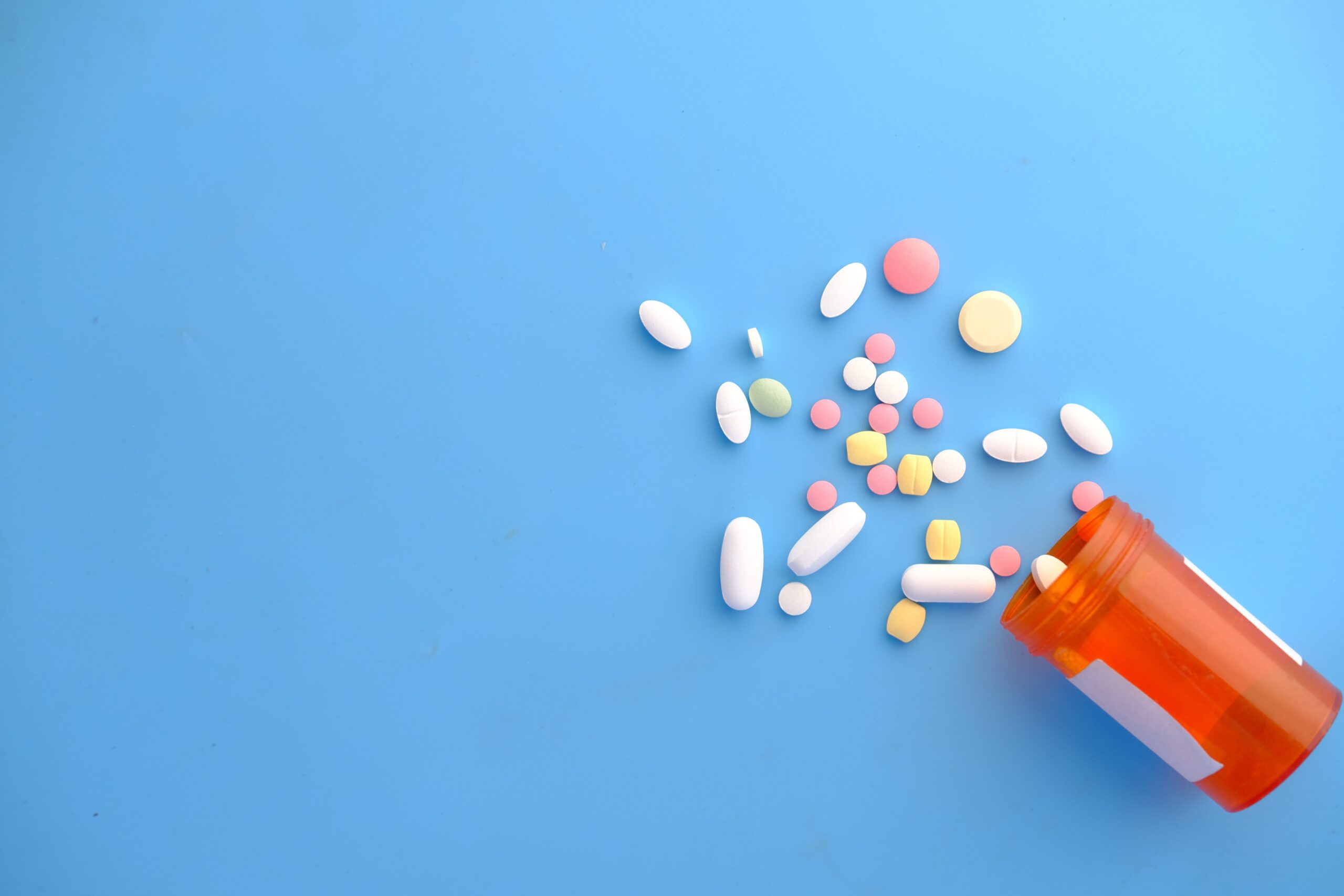Can you take antidepressants with your other medications?
More often than not, antidepressants are compatible with other medications. But psychiatrists explain that it’s complicated
Gayoung Lee • November 10, 2023

Taking antidepressants with other drugs is usually safe and effective, but patients should inform their doctors of any conditions they have in advance. [Credit: Towfiqu barbhuiya | CC0 1.0]
Taking antidepressants along with other medications for symptoms like heart disease, stroke or diabetes isn’t likely to cause extra side effects, according to a recent review of clinical studies.
Of course, letting your psychiatrist know about any other medical conditions in advance is best practice. But given that depression diagnoses tend to come with diagnoses for other, sometimes life-threatening diseases, past studies have for decades tried to affirm the safety and effectiveness of antidepressants for patients suffering from different conditions.
After reviewing more than 6,000 research papers on this topic, a team of psychiatrists from Denmark, Germany and the United States concluded that taking antidepressants together with other pills is safe and effective.
In fact, the effect of antidepressants for patients being treated for other diseases did not differ very much from the effect of antidepressants on patients only being treated for depression. Any side effects the patient could experience were also more or less the same, regardless of whether they were taking more than one medication.
The paper, published in JAMA Psychiatry, first identified review papers of clinical trials and then analyzed the quality of the trials themselves. In the process, researchers noticed a lack of large-scale clinical trials in this particular area of depression treatment.
The results were like a double-edged sword, said Ole Köhler-Forsberg, study author and practicing psychiatrist at Aarhus University, Denmark. While the review confirmed the safety of antidepressants, it also discovered that the quality of clinical trials used in studies were not always the best.
Such trials, Köhler-Forsberg said, usually studied around 30 to 40 patients, a number too small to say with certainty that taking certain medications at the same time as antidepressants would always be safe.
“I don’t believe that [large trials] are unrealistic, but they are difficult, particularly in terms of receiving funding,” he added. “But specific combinations of drugs have very rarely been studied, so [doctors] often have to assume specific interactions or specific diseases.”
But psychiatrists are trained to deal with such uncertainties, according to Lisa Harding, a Yale Medical School psychiatrist who was not involved in the study. Harding, who specializes in depression treatment, explained antidepressants are only prescribed after a full evaluation of each patient’s condition.
“You say ‘I’m sluggish, I’m tired, I’m feeling sad’ — but I won’t give you an antidepressant based on those symptoms,” she said. “If you have major depressive disorder, and you also have Type 2 diabetes, those could be symptoms of depression. But they are also likely symptoms of your uncontrolled Type 2 diabetes.”
In such cases, Harding added, doctors from different departments will collaborate with one another to decide how the patient’s diabetes medication or their antidepressants could be adjusted for their situation. The FDA’s postmarket surveillance programs could also help patients and doctors track side effects, she said.
“What would be helpful is to have medical records available, even if [conditions don’t] seem to be related to mental health,” said Dr. Mark Bradley, section chief of inpatient psychiatrist at the Veteran Affairs Medical Center in New York Harbor, who was not involved in the study.
Patients should mention to doctors any use of tobacco products, alcohol, cannabis or illicit drugs, in addition to family or personal history relevant to health, explained Dr. Samoon Ahmad, a NYU Grossman School of Medicine professor who studies the effect of PTSD in marginalized groups.
“I understand that the seemingly endless number of forms and questions can seem like a pain, particularly for newer patients,” Ahmad said via email. “But these questions are meant to help us identify and avoid risk, and it’s very important to provide as much information as possible.”
For Bradley, whose patients come from different departments within the hospital, it is very common for people to express specific worries about side effects. These concerns often turn out not to be true, he said.
“For example, [patients believe] antidepressants will make them sedated, like a zombie,” he explained. “Being addicted is another concern — antidepressants are mostly not addictive. But there’s also the stigma that getting help for depression is seen as the ‘easy’ way out.”
Contrary to these patient concerns, there’s also evidence that treating depression helps improve other medical outcomes, Bradley said.
“I think there’s an idea that mental health and physical health are separate things, but you see a doctor to get better. And mental health is a big part of getting better,” he said. “If you need help, you should get help. Your physical condition is not a reason to be afraid.”